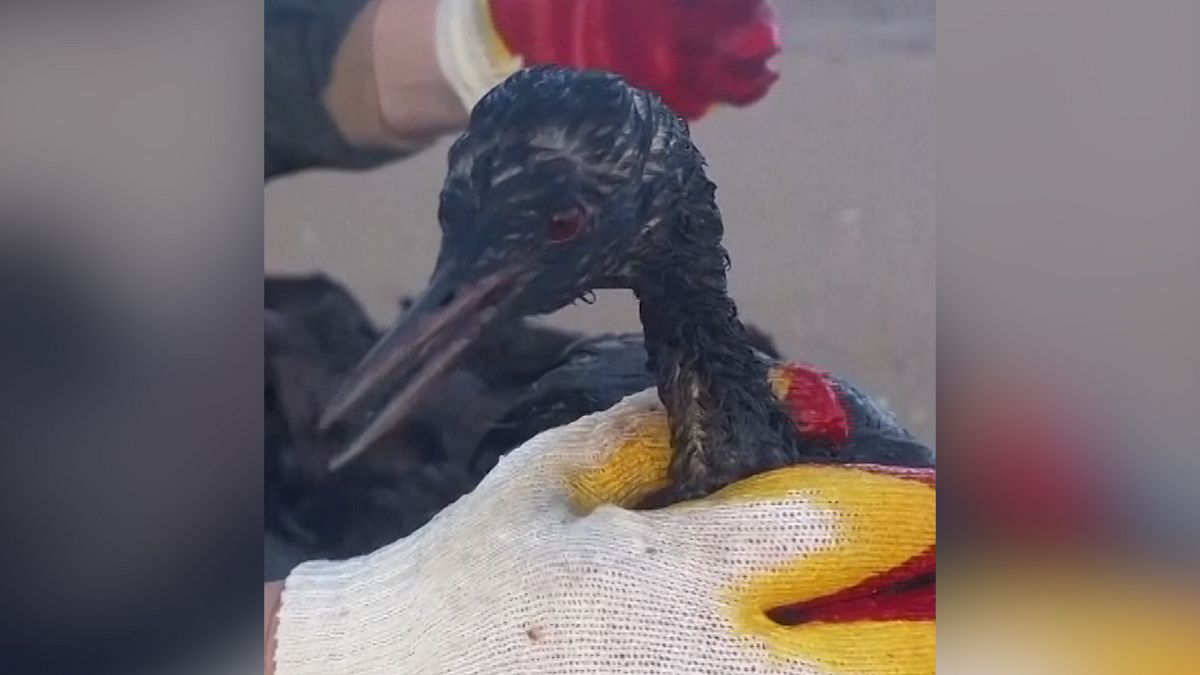France set to miss €3B mark for Ukraine aid
The French government is under pressure to make cuts in spending to rein in deficits.
PARIS — France will fall short of its pledge to donate up to €3 billion in military aid to Ukraine this year and is only on track for “above €2 billion,” Armed Forces Minister Sébastien Lecornu told lawmakers on Monday.
“Politically it was decided at the beginning of 2024 that this aid could reach €3 billion. In reality, we will be above €2 billion but not at €3 billion,” Lecornu said.
French President Emmanuel Macron made the promise to send a maximum of €3 billion earlier this year — part of an effort to beef up French aid to Ukraine after Paris came under fire for doing less than other countries like Germany.
In February, in a move to secure long-term aid for Ukraine, Paris and Kyiv signed a bilateral security deal that officially pledged up to €3 billion of military support for this year.
Now, however, France is under pressure to reduce its deficit, which could hit 6 percent of GDP in 2024.
France is not the only country facing a budget squeeze.
In Germany — Europe’s largest donor of military aid — policymakers plan to halve support to Ukraine next year to slash spending. There are also fears that the U.S. will reduce its support to Kyiv if former President Donald Trump returns to the White House.
Despite the financial wobble, Macron strongly backs Ukraine in the war.
Last week, the French president welcomed Ukrainian President Volodymyr Zelenskyy in Paris to discuss his “victory plan” and additional aid for Ukraine. On the eve of Zelenskyy’s visit, Macron greeted Ukrainian soldiers training in eastern France, part of a French initiative to train an entire brigade on French equipment.
France is also expected to provide Mirage 2000 fighter jets to Kyiv in the first half of 2025.
Overall, Paris provided €1.7 billion worth of military aid to Kyiv in 2022 and €2.1 billion in 2023; that puts it behind countries like Germany, the U.K. and Sweden.
Next year, France’s defense budget is expected to reach €50.5 billion — one of the few budget lines that will increase. However, Lecornu told lawmakers Monday that the armed forces ministry would stop asking for extra cash at the end of the year for unexpected costs linked to NATO deployments in Estonia and Romania, or for aid to Ukraine.
According to Lecornu, €300 million worth of aid for Ukraine comes from interest on frozen Russian assets and will be used to buy 155 mm artillery ammunition, Caesar self-propelled howitzers and fuel. From €400 million to €600 million will be generated by lower inflation rates and used to renovate SCALP and Aster missiles for Ukraine.
Lecornu’s comments come as Nordic and Baltic countries are increasing their efforts. Lithuanian Foreign Minister Gabrielius Landsbergis told POLITICO that “the latest data shows … the Nordic-Baltic group, if taken as a unit, is the second military provider to Ukraine [after the U.S.].”
He called on other European countries to step up support, and warned against war fatigue.
Stuart Lau contributed to this report from Luxembourg.
What's Your Reaction?


















































